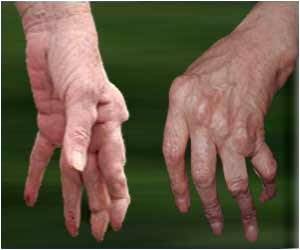Study links increased autism risk to genetic variations in the Y chromosome, highlighting potential new insights into autism development.

A genome-first study of sex chromosome aneuploidies provides evidence of Y chromosome dosage effects on autism risk
Go to source)
What is ASD
Autism spectrum disorder (ASD) is a neurodevelopmental condition characterized by impaired social interaction and communication, and restricted and repetitive patterns of behavior, interests and activities. ASD is nearly four times more prevalent among males than females, but the reason for this disparity is not well understood.‘Individuals with #Turnersyndrome, a #genetic condition affecting females and characterized by the absence of an X or Y #chromosome, have a significantly increased risk of #autism. #ASD #ychromosome’





One common hypothesis involves the difference in sex chromosomes between males and females—typical females have two X chromosomes, while typical males have one X and one Y chromosome. “A leading theory in the field is that protective factors of the X chromosome lower autism risk in females,” said Matthew Oetjens, Ph.D., assistant professor at Geisinger’s Autism & Developmental Medicine Institute.
The Geisinger research team, led by Dr. Oetjens and Alexander Berry, Ph.D., staff scientist, sought to determine the effects of the X and Y chromosomes on autism risk by examining ASD diagnoses in people with an abnormal number of X or Y chromosomes, a genetic condition known as sex chromosome aneuploidy.
The team analyzed genetic and ASD diagnosis data on 177,416 patients enrolled in the Simons Foundation Powering Autism Research (SPARK) study and Geisinger’s MyCode Community Health Initiative. They found that individuals with an additional X chromosome had no change in ASD risk, but that those with an additional Y chromosome were twice as likely to have an ASD diagnosis. This suggests a risk factor associated with the Y chromosome instead of a protective factor associated with the X chromosome.
“While these may seem like two sides of the same coin, our results encourage us to look for autism risk factors on the Y chromosome instead of limiting our search to protective factors on the X chromosome,” Dr. Berry said. “However, further research is needed to identify the specific risk factor associated with the Y chromosome.”
Advertisement
Reference:
- A genome-first study of sex chromosome aneuploidies provides evidence of Y chromosome dosage effects on autism risk - (https://www.nature.com/articles/s41467-024-53211-7)














